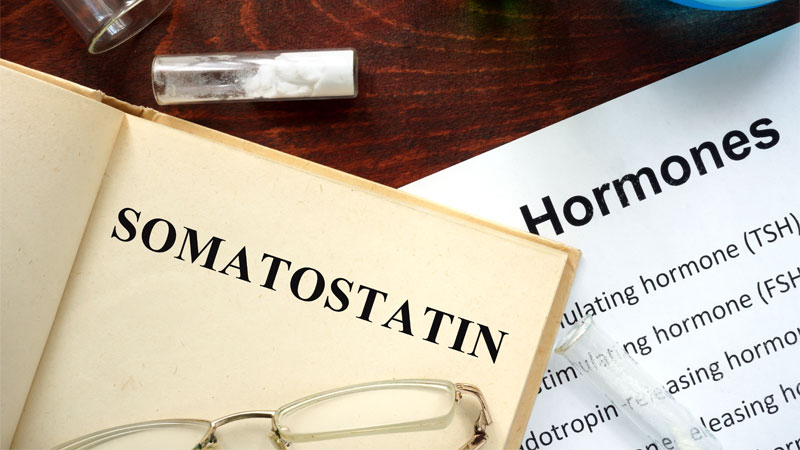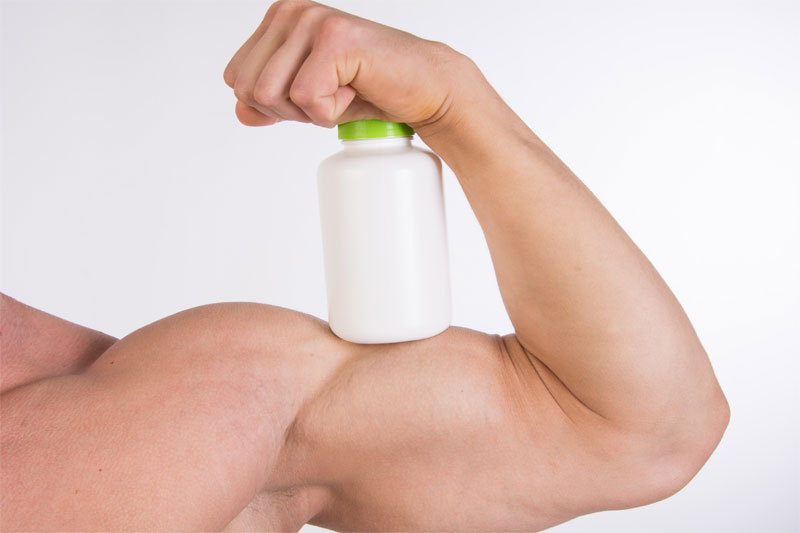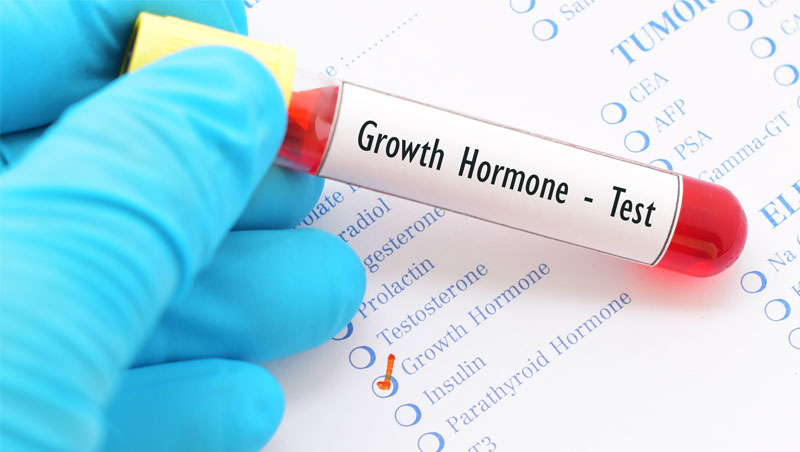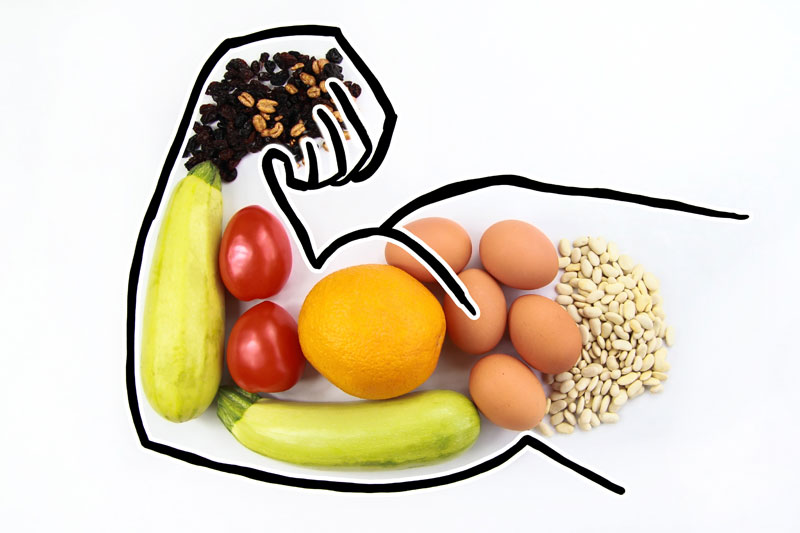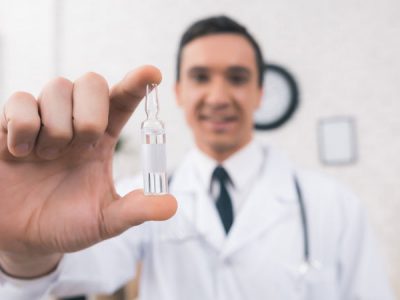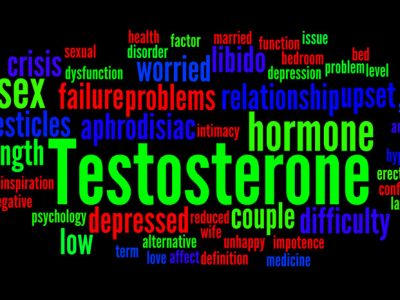- Home
- Growth Hormone
- Growth Hormone
- Growth Hormone Deficiency
- Growth Hormone Therapy
- Growth Hormone Injections
get startedThe Most Effective Hormone Replacement TherapiesWhat Are the Links Between Testosterone and Growth Hormone?
- Testosterone and Human Growth Hormone (HGH) are both critical to maintaining strength, vitality and overall health
- Both HGH and testosterone decline as you age. Many of the symptoms we think of as “growing older” are really caused by the decreased level of these critical hormones in your blood
- For qualified candidates, hormone replacement therapy can give you back the strength and vitality of your younger years.
Testosterone and Human Growth Hormone (HGH) are two hormones critical to maintaining strength, vitality and over all health.
What do you think of when you hear the words “hormone replacement?” If you are like most people, women and menopause comes to mind. Indeed, hormone replacement therapy, or HRT, has been a boon to women suffering from the debilitating hormonal symptoms that can occur once they are out of their child bearing years.
However, did you know that as men age, the levels of two critical hormones – growth hormone and testosterone also drop? In fact, men experience a condition known as somatopause which occurs in their 30s, much earlier than menopause in woman,
The medical term for human growth hormone, or HGH is somatotropin. Somatopause is the sudden drop in HGH levels that occurs in men once they are over 30. This is also the time that most men start to feel the effects of declining testosterone. Testosterone levels in men peak in the early 20s, and slowly drop off from there.
Once you are over 30, the combined impacts of low HGH, defined as somatopause, and low testosterone lead to:
- Lack of energy
- Reduced exercise tolerance
- Loss of vitality
- Sexual dysfunction
- Decreased interest in sex
- Poor sleep
- Weight gain
- Loss of lean muscle (increased abdominal fat)
- Decreased ability to concentrate
- Memory loss and other cognitive difficulties
- Depression, anxiety and loss of motivation
- Dry, thin skin
- Baldness, thinning hair
- High triglyceride levels
- Increased LDL levels ( bad cholesterol)
- Increased cardiovascular heart disease
- Insulin resistance (higher blood sugars especially in diabetics)
However, the good news is there are ways to increase both your testosterone and your growth hormone levels.
Testosterone and Human Growth Hormone (HGH) are two hormones critical to maintaining strength, vitality and overall health.
Growth Hormone Vs Testosterone
As hormone replacement specialists, we are often asked about growth hormone versus testosterone. We do not like the term “vs” because it implies two things that are adversarial, or combatting one another. When it comes to testosterone and growth hormone, nothing could be further from the truth. The two hormones have much more in common, then they do differences.
Both play a critical role, in growth and maturity early in life, and both are required in order for you to remain healthy and fit later in life.
The pituitary is known as your body’s master gland. The pituitary is the primary source of HGH, so you could also consider HGH the master hormone, since growth hormone controls the manufacture and release of many other hormones, including testosterone.
As a matter of fact, it is growth hormone that is essential in the biological transition of boy to man. HGH triggers the increased production and release of testosterone during puberty, which then, in turn, stimulates sexual maturity and the other “secondary male characteristics” – hair growth, deepening voice, etc. – associated with adolescence.
Both HGH and testosterone, therefore, play a critical role in growth and maturity. But, the impact of these hormones does not stop there. Even after you are fully grown, and are a young adult, your growth hormone and testosterone levels are crucial for strength, vitality, and building muscle.
The other thing both of these hormones have in common, is that the production of both declines as we age, with the biggest drop occurring at around same age, so that by the time a man is over 40, he will likely be experiencing the many devastating impacts of both low testosterone and growth hormone deficiency.
Both HGH and testosterone play a critical role in growth and maturity. However, even after you are fully grown, and are a young adult, your growth hormone and testosterone levels are crucial for strength, vitality, and building muscle.
How Do We Test for Low Testosterone or Low HGH?
Before you can begin any kind of hormone replacement therapy (HRT) you must have your testosterone levels and your HGH levels accurately evaluated. In adults it is especially important to obtain levels of IGF-1.
This is done via a blood test. A sample of your blood will be taken, and your levels of growth hormone and testosterone will be tested. If your levels of either or both hormones are found to be lacking, you may be a candidate for growth hormone therapy and/or testosterone therapy.
When testosterone is measured, the important number is not your total testosterone level, but the level of "free" or unbound testosterone that is bioavailable for the individual cells of your body, to use in building muscle mass and having energy. Most of your testosterone, (about 98%), is bound, and just a small amount is unbound and available.
There are several kinds of blood tests used to test for growth hormone deficiency:
- Binding protein levels (IGF-I and IGFBP-3) blood tests. These tests stimulate the pituitary gland and test for adequate HGH output.
- Tests that simply measure the amount of growth hormone levels in the blood.
If your growth hormone is low, chances are your entire endocrine system is off, and you will be plagued by low energy, weight gain, loss of sex drive, and decreased mental acuity related to imbalance of other critical hormones such as testosterone, in addition to growth hormone. Your hormone screening will check for the proper levels of all of your vital hormones.
Can You Boost Testosterone and HGH?
If you are deficient in growth hormone, and/or testosterone it may be possible to make some life style adjustments that could boost HGH and testosterone.
You could raise your testosterone and HGH by:
- Eating a more nutritious and well-balanced diet (especially protein which can indirectly result in burning more body fat)
- Getting more exercise
- Getting the right amount of sleep
- Quitting smoking
- Reducing the consumption of alcohol
However, the safest and most effective way to boost HGH and testosterone levels, is through Hormone Replacement Therapy.
Testosterone and HGH Replacement – Two Therapies; One Great Result
Testosterone therapy and growth hormone replacement therapy are what we call synergetic.
Clinically documented synergistic effects between testosterone replacement and growth hormone therapy include, an increase in muscle definition and an average decrease in body fat of 21%, versus just 12% for growth hormone alone. The beneficial effects of growth hormone on cholesterol also offset the tendency of testosterone to increase blood lipids and lower HDL (good cholesterol). In addition, testosterone can be more effective than growth hormone in restoring muscle mass, while growth hormone is a critical player in the metabolism of body fat, therefore, combined, the two work together to increase lean muscle and burn fat, resulting in much better fat to muscle ratio.
The bottom line is, when indicated, and when the two therapies are used together, there are dramatic improvements in body composition, metabolism, energy levels, mood, kidney and cardiovascular functioning, and mental acuity.
The Amazing Truth About Hormone Replacement for Men
Despite what we now know to be the many positive benefits of HRT for men, less than 10% of men over the age of 45 ever seek treatment and get the correct diagnosis and care for low T and/or low HGH symptoms.
Testosterone and HGH are essential to your strength, vitality, and wellbeing. However, you produce less of each of these vital hormones as you age. As your HGH and testosterone levels drop, so does your confidence and self-esteem. If you are looking for a way to replace what time and nature take away, hormone replacement therapy may be what you are looking for!
The truth is, if you are a man over 40, and are feeling tired, depressed and “less than a man,” HRT can return joy to your life.
Make an appointment today to see one of our hormone specialists today, and get off of the downward spiral of fatigue, tiredness and sexual performance issues!
Take the first step to a younger, stronger, healthier, happy YOU!
HGH and testosterone production both decline as we age, so that by the time a man is over 40, he will likely be experiencing the many devastating impacts of both low testosterone and growth hormone deficiency.
read this next
Testosterone Therapy for Women
We all know that testosterone is a very critical hormone for men, but did you know that women also need testosterone, and women, like…read moreHow to Stop Testosterone Therapy
You can stop Testosterone Replacement Therapy (TRT) but there is a right way and a wrong way to do so to avoid health issues…read moreTestosterone Therapy for Men
Testosterone therapy for men is a safe and effective way to return men who are suffering from low testosterone to being their personal best.…read moreHow to Start Testosterone Therapy
Testosterone therapy is the safest and most effective treatment for men suffering from low testosterone, also known as low T. Have you heard of…read more - Growth Hormone Therapy








